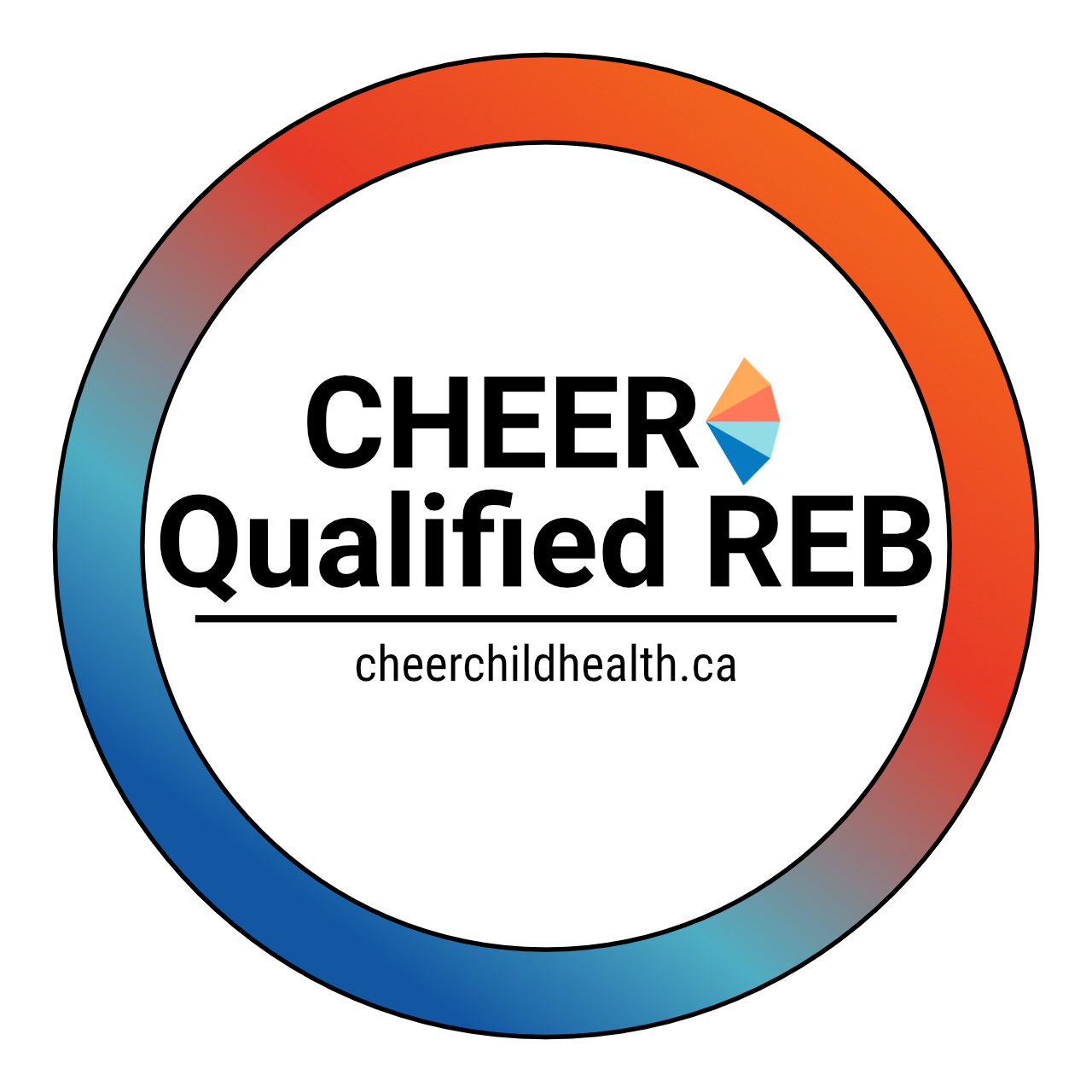
OUR WEBSITE IS CURRENTLY UNDER MAINTENANCE
Important Updates
July 2, 2025
On July 1, 2025, the Health Research Ethics Act (HRE Act) came into force. The HRE Act can be accessed by following this link:
https://www.assembly.nl.ca/Legislation/sr/statutes/h01-03.htm.
Regulations can be found here: NEWFOUNDLAND AND LABRADOR REGULATION 51/25 .
For more information regarding the legislative amendment, please contact the office at info@hrea.ca
CLINICAL TRIALS
The next scheduled meeting is
January 29, 2026
Please be sure to check the deadline to submit for this meeting.
NON-CLINICAL TRIALS
The next scheduled meeting is
January 22, 2026
Please be sure to check the deadline to submit for this meeting.
GENETICS/GENOMICS TRIALS
The next scheduled meeting is
January 20, 2026
Please be sure to check the deadline to submit for this meeting.
An Introduction to the HREA
The Health Research Ethics Authority (HREA) of Newfoundland & Labrador was established by the Health Research Ethics Authority Act 2011. On July 1, 2025 the former HREA Act was repealed and replaced by the Health Research Ethics Act (The Act). https://www.assembly.nl.ca/Legislation/sr/statutes/h01-03.htm
The Act, section 2(h) defines “health research involving human subjects” as activities whose primary goal is to generate knowledge in relation to human health, health care and health care systems, and involving human beings as research subjects, health care information respecting human beings or human biological material. This also includes all research related to health education.
Health research does not include tests on non-healthcare equipment or tools to be used by humans, even where the research methods may put humans at risk (e.g. automobile or helicopter safety studies, research to study early childhood learning patterns, human kinetic research to establish parameters of safety for sports equipment).
All health research conducted in this province requires the approval of the Health Research Ethics Board (HREB) or a research ethics body that has been approved by the HREA.
Health research being conducted where the researcher is not affiliated with MUN, and participants or data are not about Newfoundland and Labrador (NL) or its population, does not require local ethics review. In addition, national health surveys being conducted where the researcher is not affiliated with MUN that include Newfoundlanders and Labradoreans as participants, but do not identify NL as an aggregate and do not report findings specific to NL or to aggregates within NL, does not require local ethics review.
The HREA:
- ensures that all health research involving human subjects within the province is conducted in an ethical manner;
- enhances public awareness of the ethical dimension of health research involving human subjects;
- appoints the members of the provincial HREB;
- may approve other research ethics bodies in the province; and
- maintains an inventory of all human health research conducted in the province.
The HREB:
- is responsible for the ethical review and approval of applications for health research projects involving human subjects;
- reviews all genetics research (other health research may be reviewed by other approved research ethics bodies); and
- monitors the research activities of persons engaged in health research involving human subjects in the province.
In carrying out their duties the HREA, the HREB and other approved ethics review research ethics bodies will apply the Tri-Council Policy Statement (Tri-Council Policy Statement: Ethical Conduct for Research Involving Humans, 2022) and the Guidelines for Good Clinical Practice of the International Committee on Harmonization.
